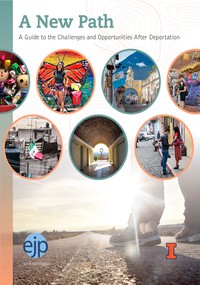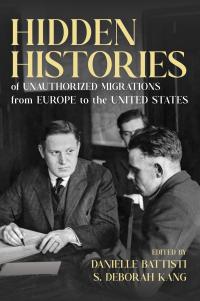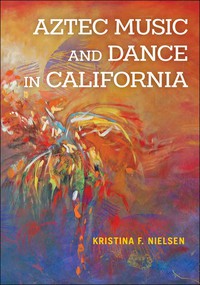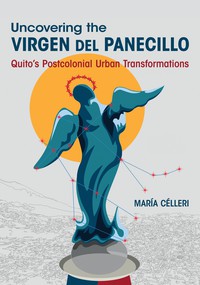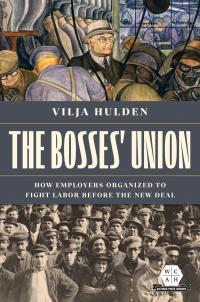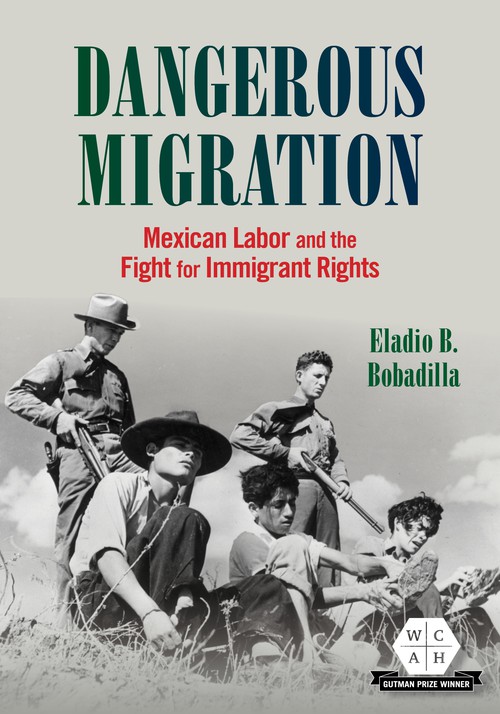
Dangerous Migration
Mexican Labor and the Fight for Immigrant Rights
A social, political, and intellectual history of the immigrant rights struggle in the U.S.
Cloth – $110
978-0-252-04957-6
Paper – $27.95
978-0-252-08922-0
eBook – $14.95
978-0-252-04872-2
Publication Date
Paperback: 04/28/2026
Cloth: 04/28/2026
Cloth: 04/28/2026
About the Book
In the post-World War II years, many Mexican Americans viewed undocumented immigration as a threat to their communities. Yet the interplay among Mexican migrants, Mexican Americans, and white Americans eventually produced a vibrant immigrant-oriented activist movement inspired by larger struggles for civil and human rights.Beginning with Mexican American opposition to the Bracero Program, Eladio Bobadilla traces the movement’s fault lines that formed around the issue of undocumented workers. Bobadilla reveals how internationalist and human rights discourse influenced the rise of the Chicano movement and its defense of Mexican undocumented immigrants. As time passed, anti-Mexican social, political, and legislative forces produced a nativist backlash that put immigration at the center of the United States’ culture wars and created the fantasy of undocumented workers as an existential threat.
Engaging and vivid, Dangerous Migration illuminates the history of debates over Mexican labor, the emergence of the immigrant rights activism, and the nativist movements that united Latinos with right-wing white Americans.




